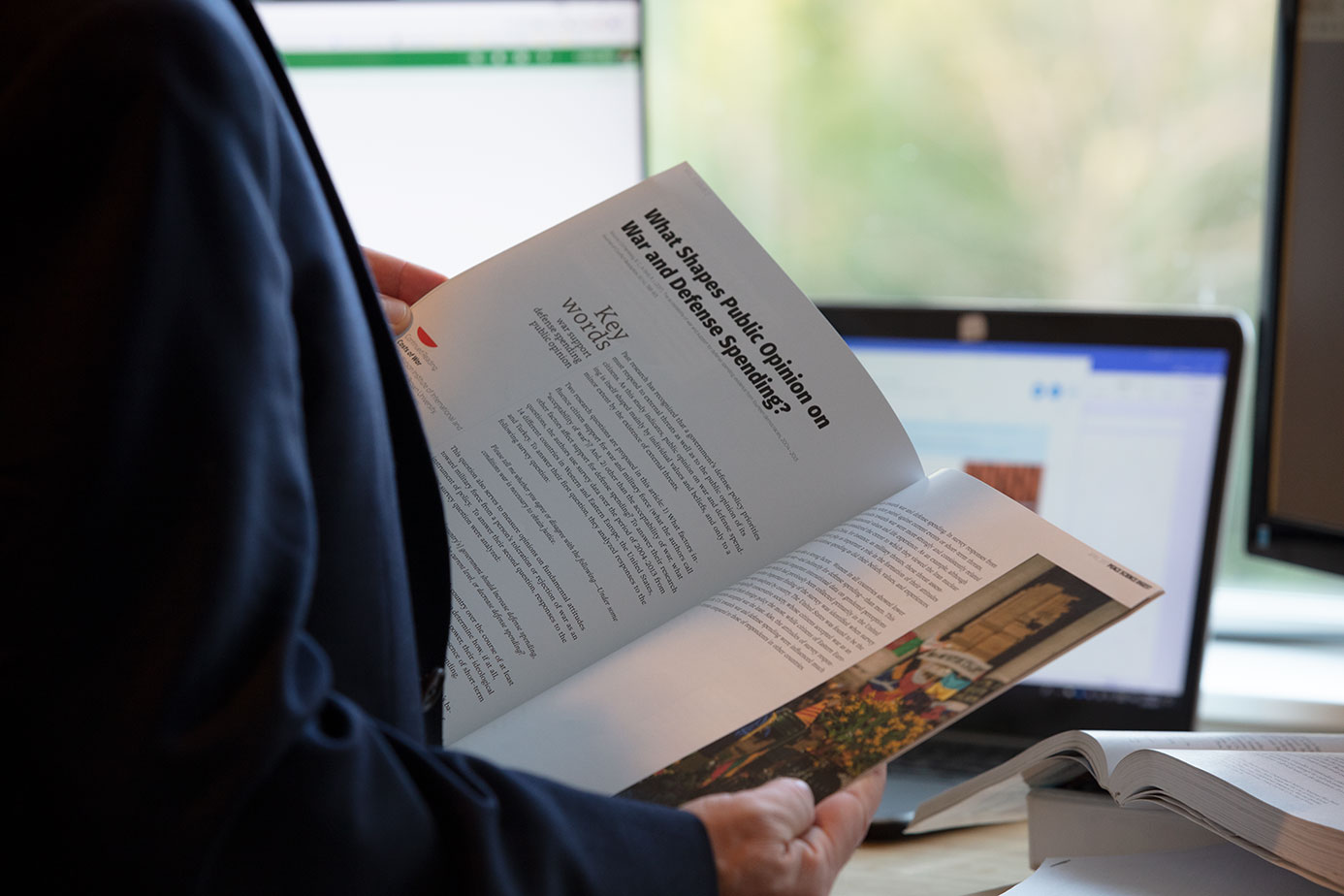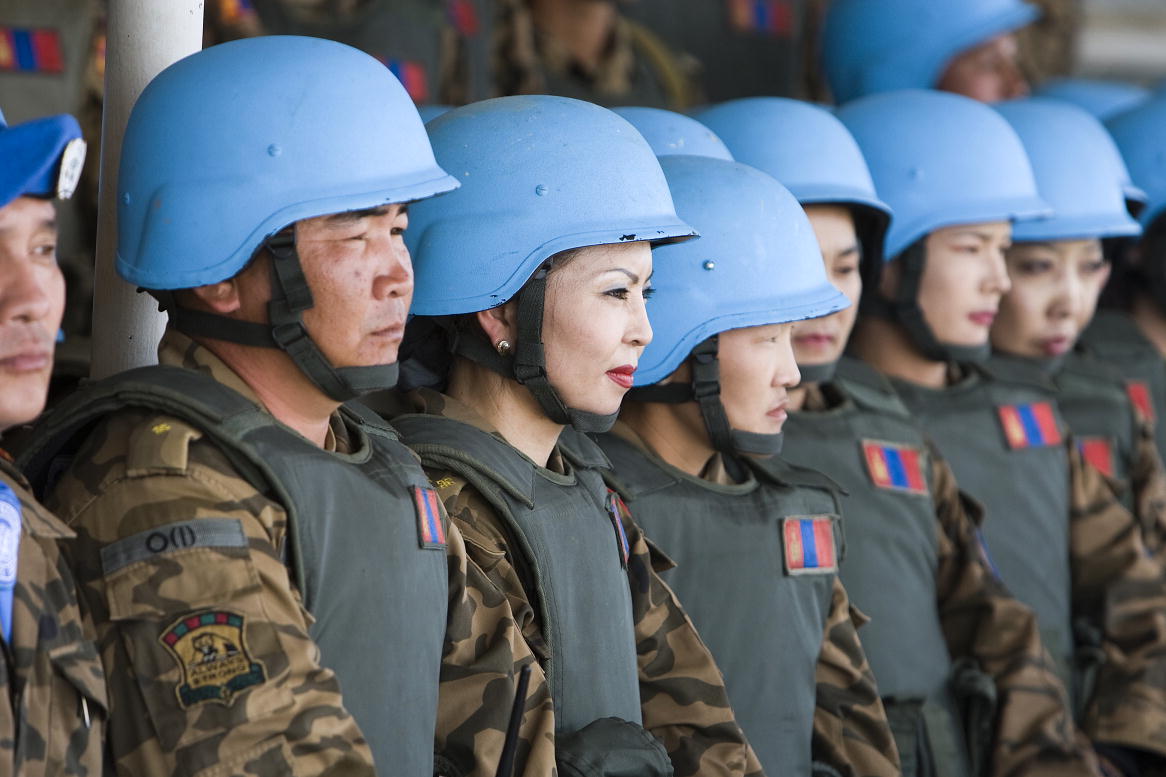
Minority Groups, Political Exclusion and Terrorism
When people are excluded from government power or representation, they are more likely to resort to acts of terror to address or avenge their grievances.
Defeating ISIS with Nonviolent Resistance
Photo credit: Ben Schumin This analysis summarizes and reflects on the following research: Stephan, M. J. (2015). Civil Resistance vs. ISIS. Journal of Resistance Studies, 1(2), 127-150. Retrieved from http://resistance-journal.org/ Summary The Islamic State of Iraq and Al-Sham (ISIS) is a radical religious group possessing the tendencies of both a violent insurgency and … Read more
R2P: The Responsibility to Prevent
Once violent conflict is underway, political barriers and high social and economic costs limit constructive options of violence prevention.
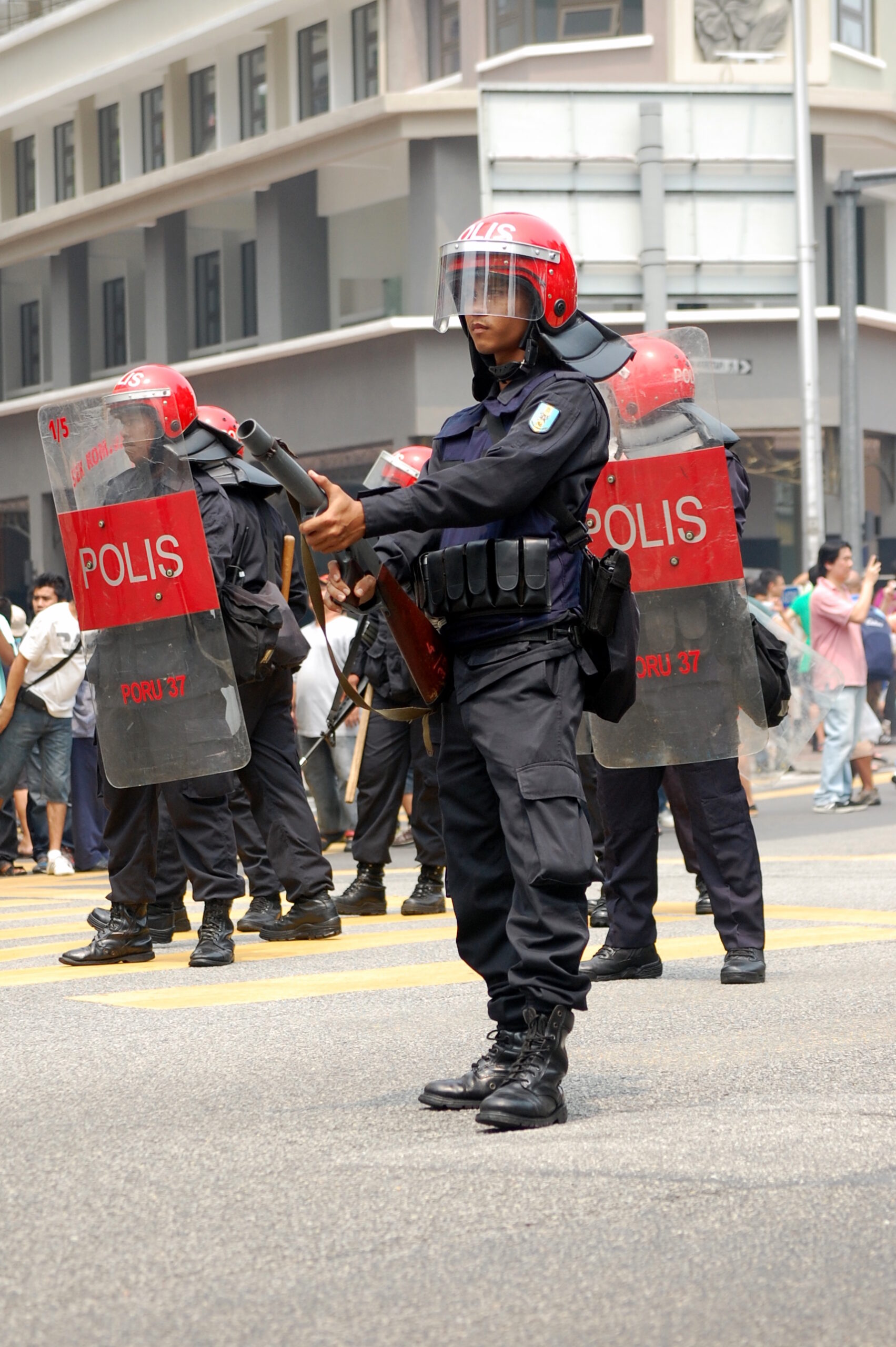
Aggressive Governance, Not Religion Influences the Choice Between Violence and Nonviolence
Individuals are more likely to choose nonviolent methods in response to the unacceptable consequences of violence done by their government.
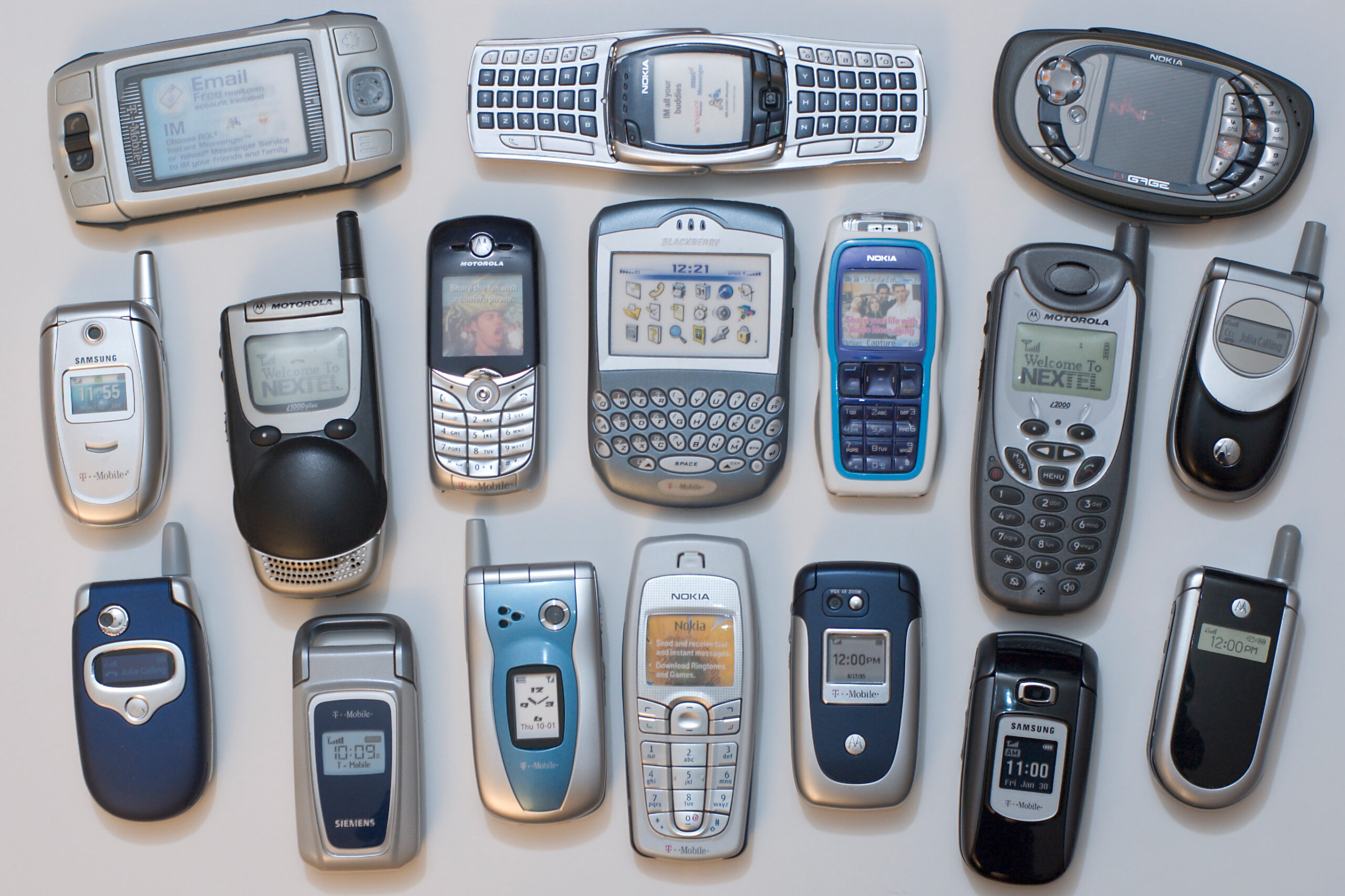
Using Cell Phones to Prevent Violence
Technology-based programs, as simple as text message reporting, have been proven to aid in conflict monitoring and prevention.
Ethnic Minorities and Terrorism
The likelihood of terrorism increases when a country’s ethnic communities have close family ties in other countries (diaspora communities).
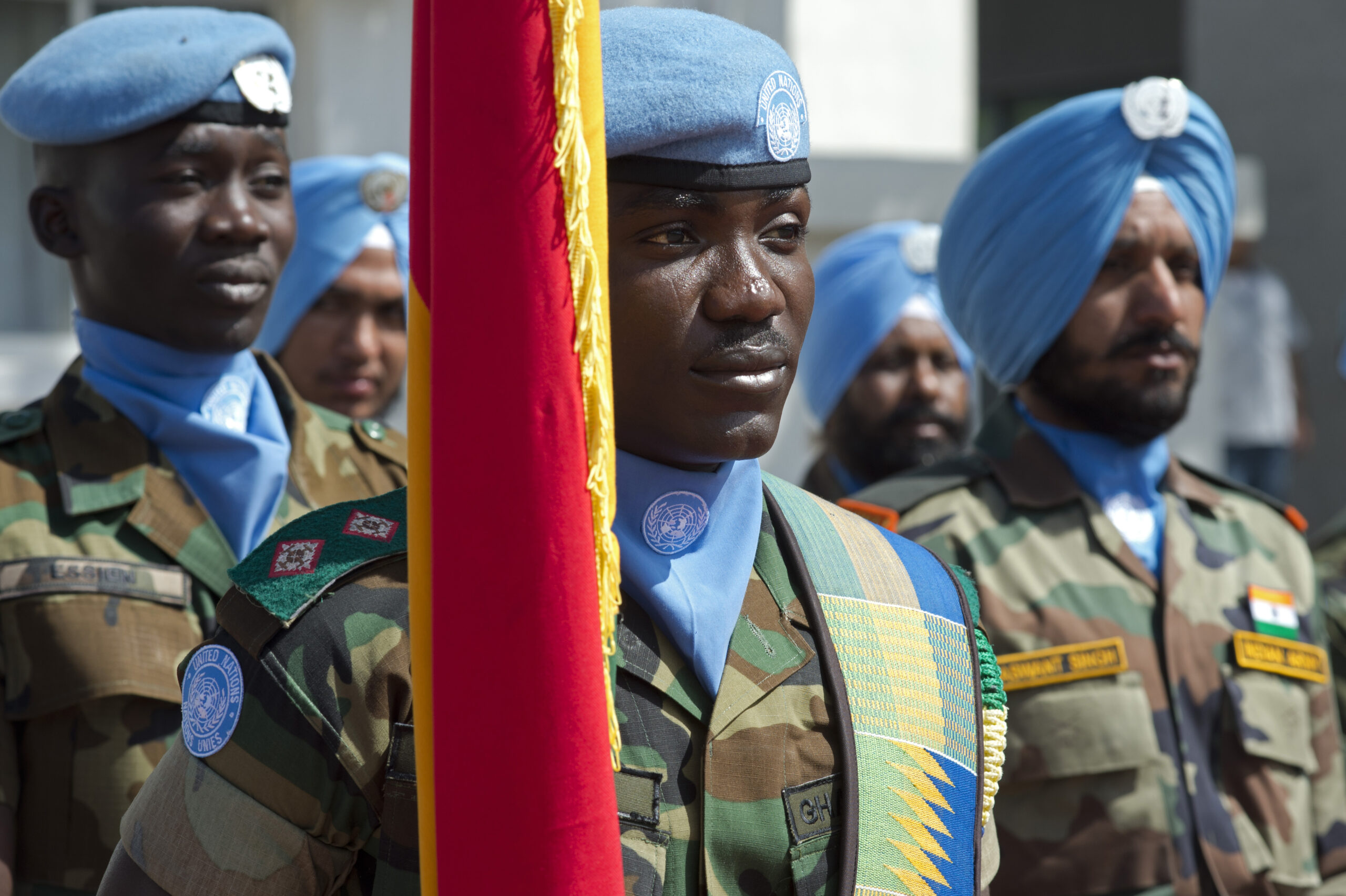
International Peacekeeping and Positive Peace
Peacekeepers with the ability to enforce peace agreements are better able to build norms of trust and cooperation compared to the absence of peacekeepers.
Manufacturing Dissent: Modernization and the Surge of Nonviolent Resistance
An increase in manufacturing increases the likelihood of nonviolent campaigns. As countries continue to modernize, social conflict manifests nonviolently.
Varying success of civil resistance in Colombia
National and local peace initiatives are mutually influential. The success of one increases the chances of success in the other.
Types of mediator leverage and the strength of peace agreements
Peace agreements mediated with credibility leverage last over twice as long compared to agreements without credibility leverage.
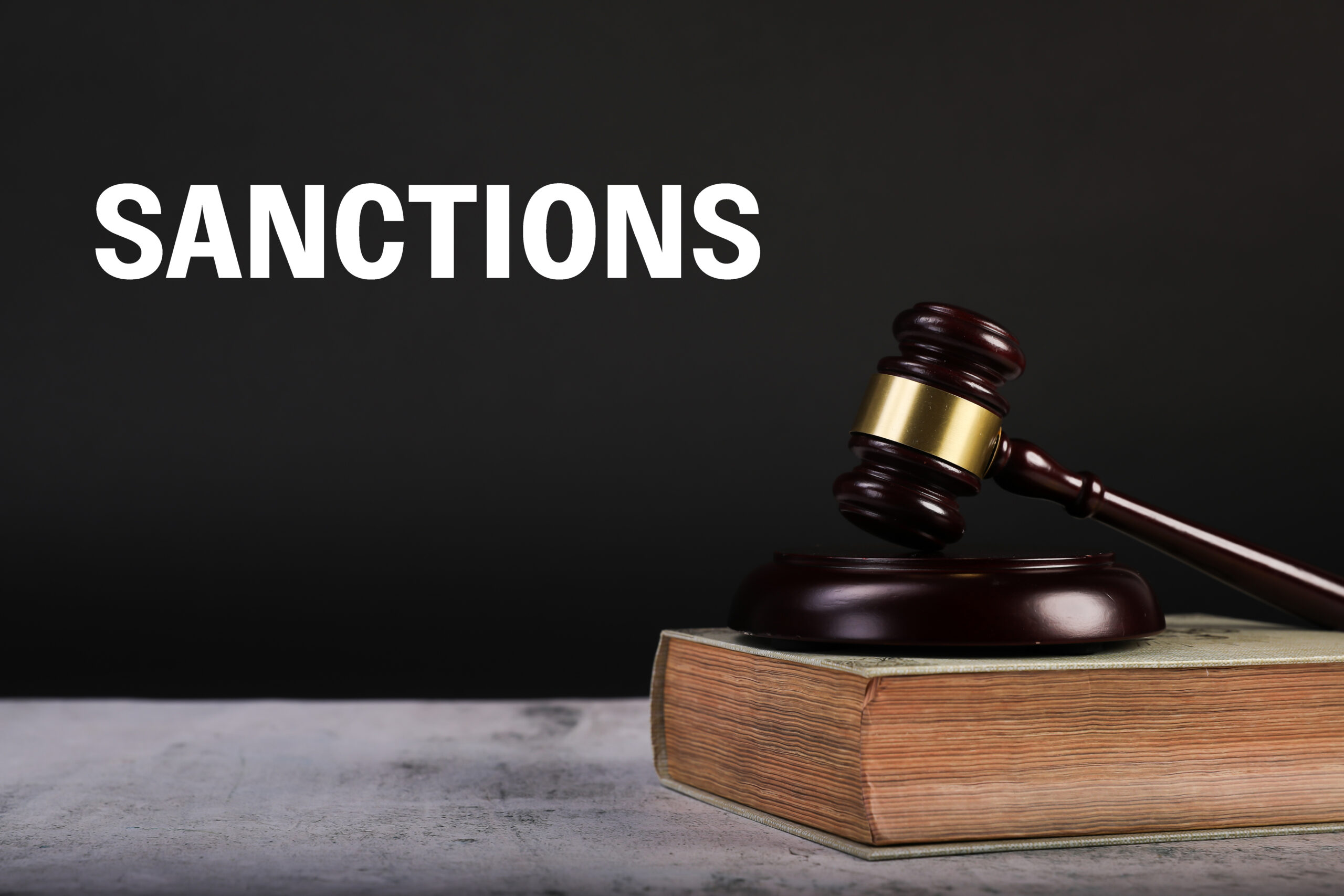
Sanctions as a Tool for Peace
Moderate sanctions lower the chance of war, but weak/overly destructive sanctions do the opposite. Strategic sanctions can lead to diplomatic negotiations.
